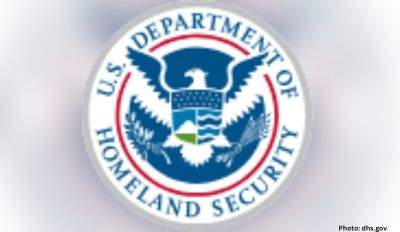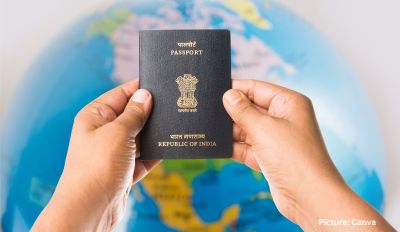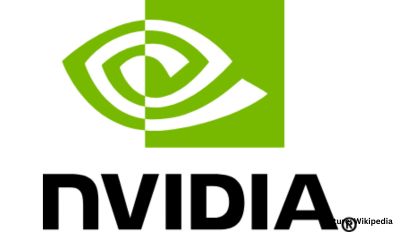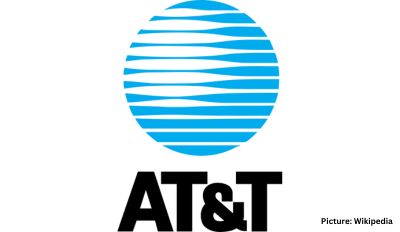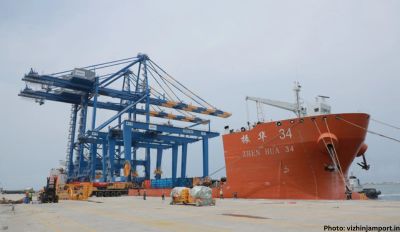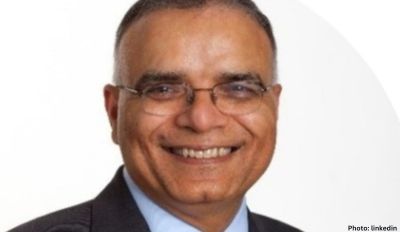The Department of Labor (DOL) announced last week that it is issuing a 247-page rule to increase wage levels significantly for the H-1B nonimmigrant worker category and for certain employment-based green card applications.
Stephen Yale-Loehr, professor of immigration law at Cornell Law School and co-author of a leading 21-volume immigration law series, says the new rule will require employers to pay significantly higher wages for H-1B and other foreign national employees.
Yale-Loehr says:
“The rule changes the prevailing wage levels 1-4 from the 17, 34, 50 and 67th percentiles to the 45, 62, 78 and 90th percentiles of surveyed wages from the DOL’s Bureau of Labor Statistics. The result: employers will have to pay significantly higher wages for H-1B and other foreign national employees.
“The DOL issued a similar interim rule in October. Several federal courts struck down that rule. Nevertheless, after making only minor changes, the DOL is issuing this new final rule. DOL justifies the new rule as a way to help U.S. workers, but it will have the opposite impact. Companies may decide to offshore jobs overseas, hurting U.S. workers.
“This rule is the last gasp of the Trump administration to restrict legal immigration. I am confident that courts will strike down this new rule, just as they did the prior rule.”
Top of Form
IT companies’ clients are required to meet H1-B filing obligation under new US rule. According to the office of foreign labor certification, the regulations require all common-law employers of H-1B workers to file a labor condition application (LCA).
The US department of labor (DOL) on Friday followed the final wages rule, signed in the Federal Register on January 14, with a new interpretation of the regulations and accompanying guidance for companies that sponsor H-1B visa holders. Under the new guidance, the secondary employers, also known as clients, will have to comply with the filing requirements and other obligations which, currently, only lie with the primary employers or the staffing agencies.
According to the office of Foreign Labor Certification (FLC), the regulations require all common-law employers of H-1B workers to file a Labor Condition Application (LCA). It will not only put the liability on employers for compliance obligations relating to wages and working conditions but will also lead to higher administrative burden and costs for clients. The new guidance documents will take effect in 180 days, which means the employers have to comply with the obligations for the applications filed on or after July 14.
The labor department said that the interpretation and guidance are “more consistent with the H-1B statute and regulations”, adding that it is also “appropriate” in the wake of interpretative changes made by US Citizenship and Immigration Services (USCIS). “This revised interpretation is long overdue in light of the language of the regulations, better comports with the goals of the H-1B program, and is consistent with recent Executive Branch directives,” John Pallasch, assistant secretary for employment and training, said in a statement.
After the announcement, US Tech Workers, a non-profit organisation “representing the voices of American workers harmed by the H-1B visa program”, said that the new guidance was a “great way to target companies” that use staffing agencies to “displace Americans.” In a series of tweets, US Tech Workers said that the new regulation will hold those secondary employers accountable that claim to be not directly involved in the sponsoring of H-1B visas.
“When Disney was sued for laying off American workers and replacing them H-1B workers brought in from third party IT outsourcing firms (Cognizant & HCL), Disney’s defense was that they weren’t the ones who sponsored the H-1B visas. This regulation would now hold them accountable,” it tweeted.
The US department of labor (DOL) on Friday followed the final wages rule, signed in the Federal Register on January 14, with a new interpretation of the regulations and accompanying guidance for companies that sponsor H-1B visa holders. Under the new guidance, the secondary employers, also known as clients, will have to comply with the filing requirements and other obligations which, currently, only lie with the primary employers or the staffing agencies.The US department of labor (DOL) on Friday followed the final wages rule, signed in the Federal Register on January 14, with a new interpretation of the regulations and accompanying guidance for companies that sponsor H-1B visa holders. Under the new guidance, the secondary employers, also known as clients, will have to comply with the filing requirements and other obligations which, currently, only lie with the primary employers or the staffing agencies.Bottom of Form
(Picture Courtesy: REUTERS)


